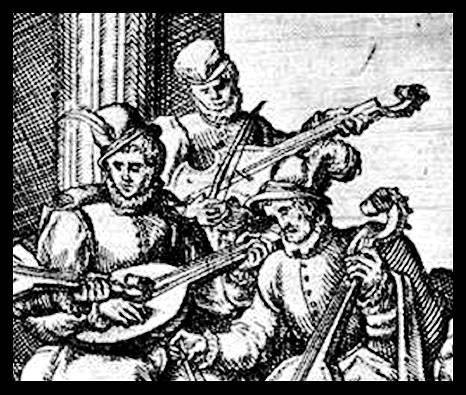Why I am not an Oxfordian
Not that many are likely to have noticed, I haven’t posted anything here since 2015. After a while, the website simply stopped working, and for years, I couldn’t access it at all. Then one day about a month ago, after updating my computer, it was back. To test if it really is working, I figured I’d go ahead and publish an unfinished piece from back then.
2015: For years, I’ve wanted to borrow David Kathman’s title for a brief exploration of the ambivalence that keeps me from endorsing the Oxfordian thesis, first proposed by J. T. Looney in Shakespeare Identified, that Edward de Vere, 17th earl of Oxford wrote most of the works attributed to Shakespeare. I do believe that Looney was right. In the fifteen years since I first “saw the light” – or, more correctly, recognized the elusive shadow of the earl within Shakespeare, further research has only confirmed what Looney intuited of his veiled presence not only in Shakespeare, but as a force to be reckoned with among the Elizabethan community of poets. So why is it that I don’t willingly, even proudly, identify myself as an “Oxfordian”? Since I want to keep this simple and direct, only two points need to be addressed: proof and desire.
My belief is firm, but a thesis requires a different standard of evidence. Unlike many Oxfordians, I don’t believe they’ve proven their case, or that it can be proven with the evidence that we currently have. As I observed recently to Michael Dobson in comments on his FutureLearn Hamlet course, “Oxford’s known writing doesn’t match Shakespeare’s and there’s no direct evidence to support the Oxfordian theory.” The next day I offered a third and in my view, fatal judgment on the theory: “Biographical parallels do not prove authorship.”
On Oxford’s known writing: in both his prose and poetry, I do find hints of Shakespeare that sustain my belief, but not sufficient to convince someone who was not already persuaded or intrigued by the biographical parallels in Shakespeare. Though the parallels combined with Oxford’s literary and dramatic connections were sufficient to confirm my belief, I believe they will always remain problematic for proving authorship, first of all because they depend on subjective interpretation. But most important, even when some consensus may be reached as to the validity of a parallel, (for example, the ways in which Polonius seems to mirror Burghley) it may signify the author’s interest in the subject, rather than the subject pointing to a hidden author. It is only by a leap of faith that I deduce Oxford as author from these parallels.
Desire is where I mostly part company with Oxfordians.

Recent Comments